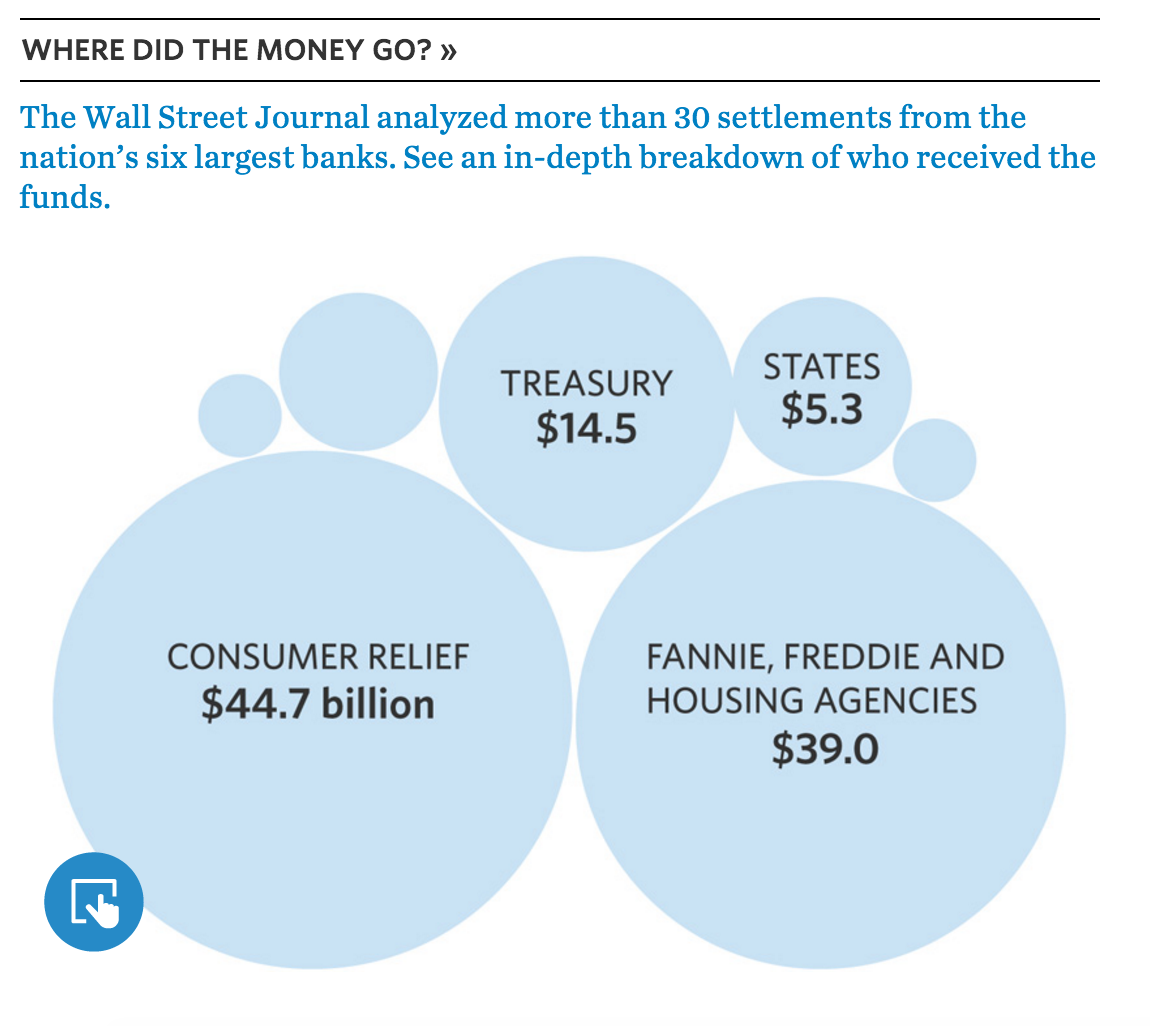
3 ways to overcome your fear of disruption


Quote 1:
“Win or lose, everybody gets what they want out of the market. Some people seem to like to lose, so they win by losing money.”
Quote 2:
“Fundamentals that you read about are typically useless as the market has already discounted the price, and I call them “funny-mentals”. However, if you catch on early, before others believe, you might have valuable “surprise-a-mentals”.”
Quote 3:
“If you can’t measure it, you probably can’t manage it… Things you measure tend to improve.”
Quote 4:
“The key to long-term survival and prosperity has a lot to do with the money management techniques incorporated into the technical system.”
Quote 5:
“There are old traders and there are bold traders, but there are very few old, bold traders.”
Quote 6:
“”I would add that I consider myself and how I do things as a kind of system which, by definition, I always follow.”
Quote 7:
“Systems trading is ultimately discretionary. The manager still has to decide how much risk to accept, which markets to play, and how aggressively to increase and decrease the trading base as a function of equity change.”
Quote 8:
“Trying to trade during a losing streak is emotionally devastating. Trying to play “catch up” is lethal.”
Quote 9:
“The elements of good trading are: 1, cutting losses. 2, cutting losses. And 3, cutting losses. If you can follow these three rules, you may have a chance.” (more…)

Before the Trade
1. Do you know the name and numbers of all your counterparts, especially if your equipment breaks down?
2. When does your market close, especially on holidays?
3. Do you have all the equipment you’ll need to make the trade, including pens, computers, notebooks, order slips, in the normal course and in the event of a breakdown?
4. Did you write down your trade and check it to see for example that you didn’t enter 400 contracts instead of the four that you meant to trade?
5. Why did you get into the trade?
6. Did you do a workout?
7. Was it statistically significant taking into account multiple comparisons and lookbacks?
8. Is there a prospective relation between statistical significance and predictivity?
9. Did you consider everchanging cycles?
10. And if you deigned to do a workout the way all turf handicappers do, did you take into account the within-day variability of prices, especially how this might affect your margin and being stopped out by your broker? (more…)
We tend to think that taking a loss on a trade is the end of the world when it is not. It is just a trade that did not work out. Period. No need to re-invent the wheel, throw out the baby with the bath water, or cry wolf one too many times. Maybe we should simply have the attitude of Cat.
… if I ever lost my hands
Lose my plough, lose my land
Oh, if I ever lose my hands- Oh, if…
I wont have to work no more
And if I ever lose my eyes
If my colors all run dry
And if I ever lose my eyes – Oh,
I won’t have to cry no more
And if I ever lose my legs
I won’t moan and I won’t beg
Oh if I ever lose my legs- Oh if…
I won’t have to walk no more
And if I ever lose my mouth
All my teeth, north and south
Yes, if I ever lose my mouth- Oh if…
I won’t have to talk…
Let’s add another stanza here for the stock trader…
… if I ever lose a trade
The Market takes the money I could have made
Oh, if I ever lose a trade…
I won’t have to brag no more!
Kind of puts things in their proper perspective doesn’t it?
When an aspiring trader asks me to recommend books on technical analysis he or she is often surprised at my answer. While I do have a technical favorite or two (besides my own) I am quick to redirect him or her to books on trading psychology.
Technical analysis is worthless without a thorough understanding of the psychology behind winning and losing, buying and selling, fear and greed, risk versus reward, the past versus the future, the knowable versus the unknowable. Technical analysis is best used as a psychological tool to help the trader manage random price action and the emotions associated with it, not as a way to predict price action and thus confirm the trader’s egotistical need to be right. Psychology first; technical second.
One of my favorite “go to” authors on trading psychology is Mark Douglas. Although he is best known for his book Trading In The Zone, Mr Douglas’ first book The Disciplined Trader is a gem of a read also. I recommend both but start with The Disciplined Trader. It will help you better understand and appreciate the principles discussed in Trading in the Zone.
The following is from the INTRODUCTION and provides the thesis for the book. In it Douglas discusses the following
THE MENTAL GAME IS MUCH DIFFERENT IN THE MARKETS THAN IN EVERYDAY LIFE
THE MARKETS HAVE NO POWER OR CONTROL OVER YOU
YOU ALONE ARE RESPONSIBLE FOR YOUR ACTIONS AND REACTIONS
YOU MUST LEARN TO CONTROL YOURSELF
YOU CREATE THE MARKET YOU CHOOSE TO TRADE
YOU MUST DEVELOP YOUR OWN RULES…AND FOLLOW THEM
YOU MUST ALWAYS BE PREPARED…OR FACE DISASTER
WHILE YOU CANNOT CONTROL THE MARKET YOU CAN CONTROL YOUR PERCEPTION OF IT
YOU MUST WORK ON SEEKING OPPORTUNITY INSTEAD OF TRYING TO AVOID PAIN
IN YOUR ATTEMPTS TO AVOID LOSSES YOU ACTUALLY CREATE THEM
TO BE SUCCESSFUL YOU MUST DEVELOP SELF CONFIDENCE AND SELF TRUST (more…)
